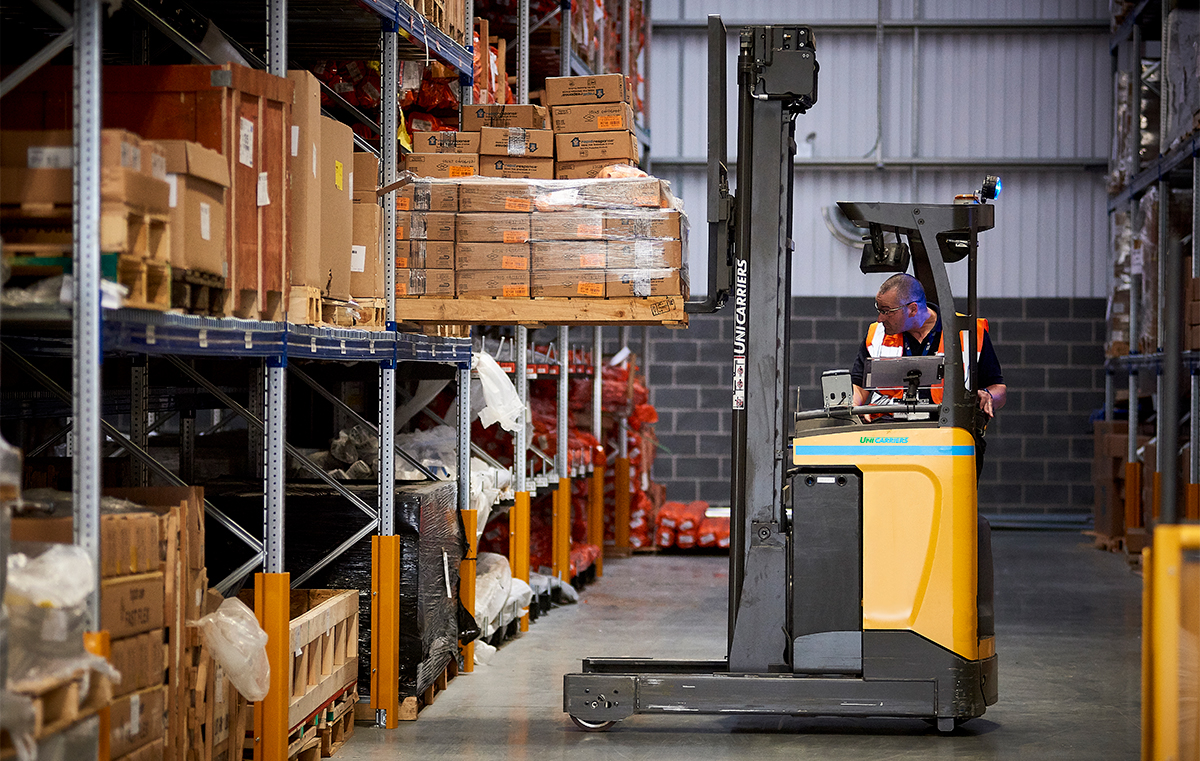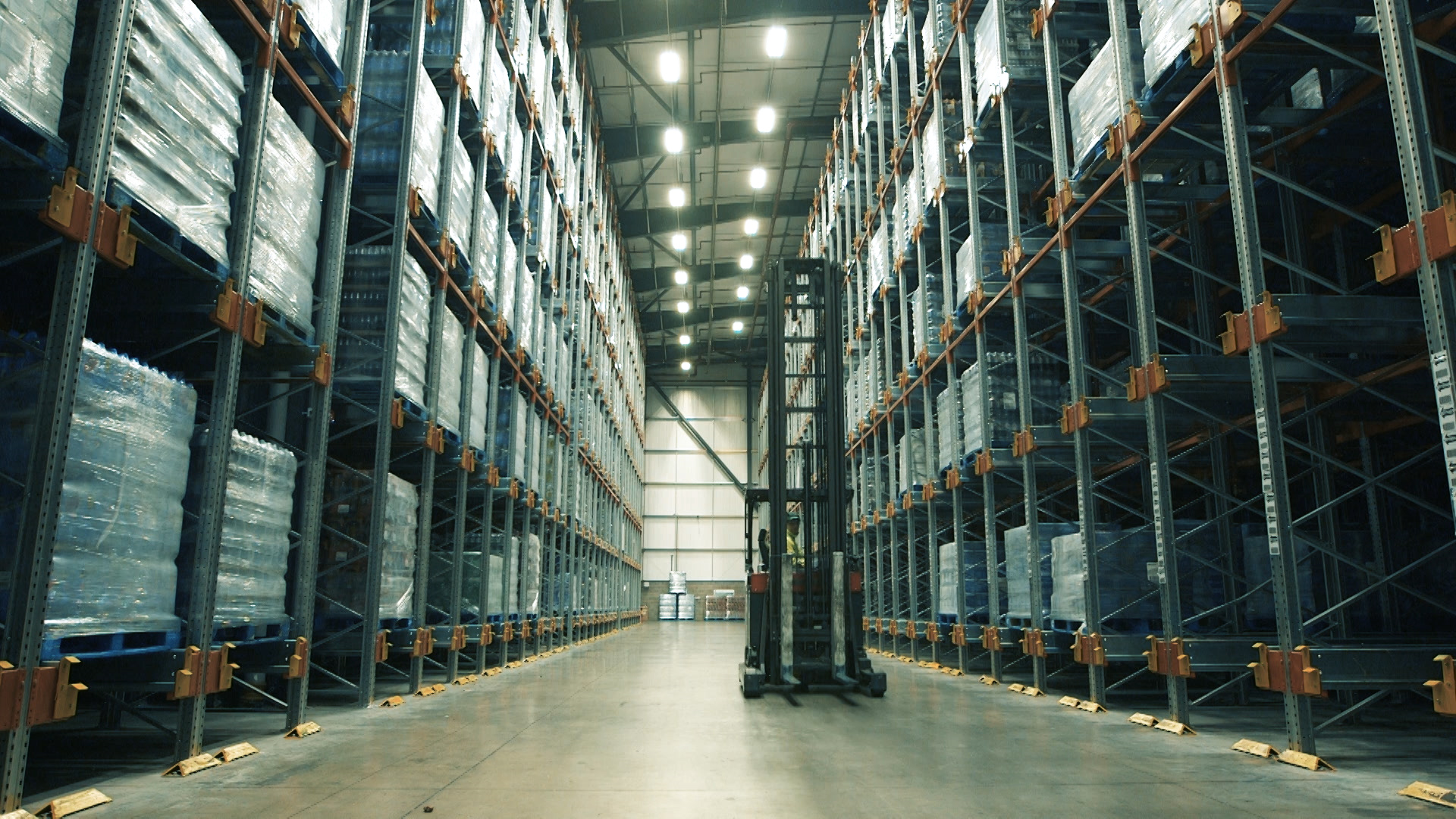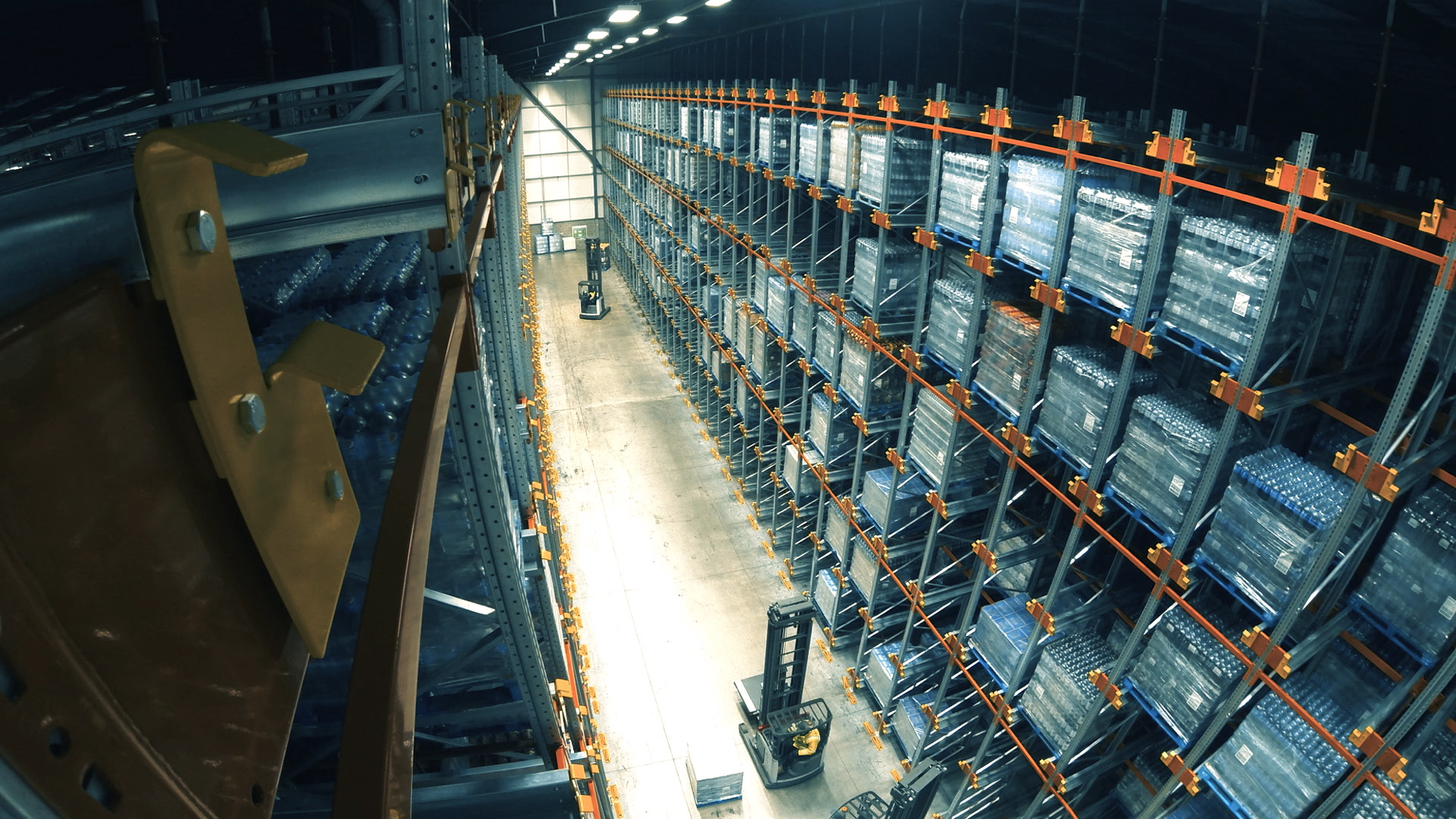In a climate of rising costs, it’s important to uncover the solutions that will save you both time and money. That brings us to the question: How can I combat rising costs and positively impact my TCO (total cost of operation)? The answer is to improve the efficiency of your material handling operations.
How to combat rising costs and positively impact your TCO
Not just trucks: How an all-round solution can boost your business
Creating an effective materials handling operation is hard, and it's even harder if you have to deal with different suppliers for your forklift trucks, fleet management solution, service and rental. Even with smaller fleets, juggling different suppliers can be tricky, and it means you have less time to deal with the most important thing — your operation.
Warehouse planning: How it worked for Britvic
When planning a new warehouse, there's a huge amount of different factors that have to be considered - the type of items being stored, the available floor space and height in the building itself, and the correct storage system that will both maximise the use of the space available but also make it easy to access pallets.
Brexit: How to overcome your current stockpiling challenges
For the last few months, the papers have been filled with stories about the storage issues that companies across the country are facing. A shortage of storage space is becoming more and more of an issue for all kinds of businesses, as companies begin to stockpile goods due to fears of Brexit-related disruption. Warehousing and capacity is therefore a major challenge.
Planning a warehouse, or thinking of making changes: How to use simulation software to help
When planning a new warehouse, or thinking about making changes to an existing one, it's possible to use some basic figures about the operation to make an analysis of how effective the solution will be.
The 80/20 rule: A concept that every warehouse manager should know!
Most people in this industry will have heard of the 80/20 rule, or Pareto Principle, as it's sometimes known. It's a basic theory that claims that around 20 per cent of any process is responsible for 80 per cent of the results of that process.
In manufacturing, for example, it is said that around 20 per cent of the defects in a product are responsible for around 80 per cent of the problems. The rule can apply to sales as well - in this case, 80 per cent of sales often come from 20 per cent of customers.









































